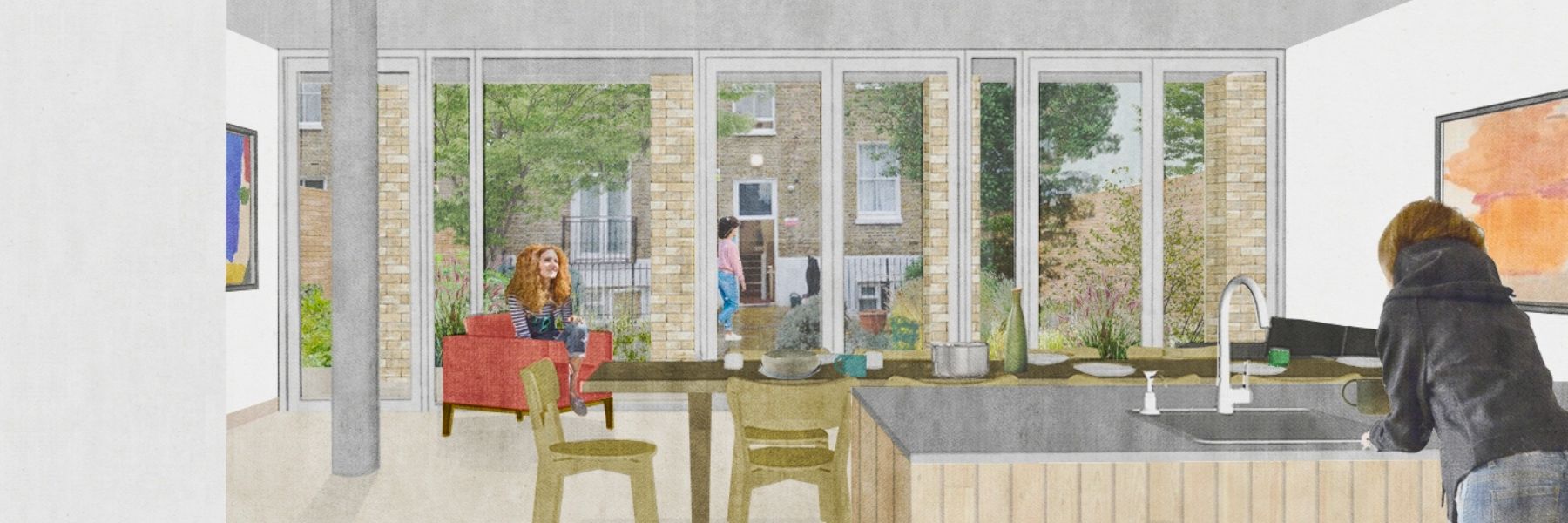Women’s homelessness is often caused by a combination of life experiences but there are some triggers that particularly affect this group.
These include fleeing a violent partner, sexual abuse and growing up in care. Unfortunately, women are often left to face these additional traumas with little access to specialist support. This must change.
Too often, women’s homelessness is invisible.
Many homeless women report being too scared to sleep on the streets at night, so some sleep in the daytime and are therefore missed by nightly outreach teams. This is part of the reason for our day time outreach service.
This is often because of how vulnerable woman can feel when sleeping rough and often leads to some staying in dangerous situations to avoid having to sleep rough on public streets.
Others choose to stay on a bus or the Underground all night to avoid staying still. Many women also avoid homelessness services that as they are typically viewed as male-dominatd spaces which can feel unsafe.
As few as 19% of the users of homelessness services are women in the UK- far below the total share of rough sleepers who are women. Only a quarter of homelessness charities have women’s-only services: we’re proud to be in that minority.
Our Women-Only Space
Every Wednesday morning, our centre in Adelaide Street is opened only to those who identify as women. This provides a safe space for women who may not otherwise feel secure enough to use our services. Last year, we saw 111 women come to this space for support.
St. Martin’s House: A shelter for homeless women
Our research has shown that one of the biggest barriers to supporting homeless women effectively is lack of safe shelter. This is particularly true for those who have complex needs. There are very few women-only specialist accommodation services for women in London.
We have responded to this by developing St. Martin’s House in partnership with the St Martin’s Trust. This exciting project has transformed our accommodation space into a safe space for women as part of our Housing First Approach.
While living there, residents are supported to prepare for a more independent and stable future. This can include access to therapy, employability training and more to make sure their next home is a permanent one.

The Women’s Development Unit
The Women’s Development Unit was a two-year partnership between The Connection at St Martin’s in the Field and Solace Women’s Aid.
The Unit was set up to advocate for and enhance the voice of homeless women in and improve services available to them.
The Women’s Development Unit achieved a great deal in its two years, including publishing the London-wide Strategy for Ending Women’s Homelessness.
The strategy brings together recommendations about the specialist services we need to expand, the different ways we can offer support, and how we should all be thinking more about women’s homelessness.
The Women’s Rough Sleeping Census
The Women’s Development Unit was instrumental in delivering the first women’s rough sleeping census in October 2022. The report, Making Women Count, was published in March 2023 and sets out the key findings of this pioneering approach.
The census found 154 women rough sleeping in London in a week. This indicates a higher number of women sleeping rough in London than previously believed.
It also emphasises that women’s rough sleeping is often transient, intermittent and hidden – which means that women are often not represented in official statistics and, crucially, are often precluded from accessing support and housing.
The report makes specific calls to action on the Government for system change in the way that women’s rough sleeping is recognised, counted and responded to:

